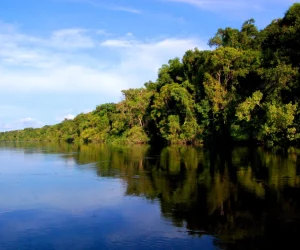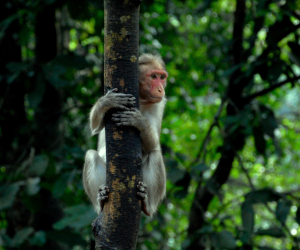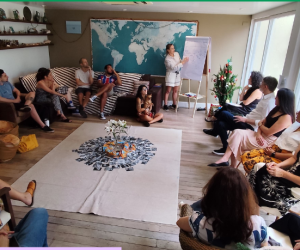News > News
21.05.14
“IIS article about land-use management in Suriname is published in “”Land Use Policy”” magazine, from Elsevier”
The “Land Use Policy” magazine, published by Elsevier, released in the edition of may/2014 the article “Suriname: agricultural reconciling development and conservation of unique natural wealth”, written by International Institute for Sustainability. The study analyzes the agricultural sector in the country, presents combined strategies of land-sharing and land-sparing in order to reconcile the expansion of agriculture with protection of natural resources and identifies opportunities for sustainable development of the agricultural sector in Suriname.
It is believed there is a dichotomy between land-sparing and land-sharing approaches. The technique known as land-sparing uses large areas for intensive agriculture and others, also on a large scale, for the conservation of biodiversity. The technique known as land-sharing technique divides the space into small plots for agriculture and biodiversity conservation.
Through data collection and analysis of scenarios, the study presents alternatives for the development of the agricultural sector that combines the use of both alternatives. The analysis shows that it is possible to increase rice production, which is the most important agricultural activity in Suriname, without expanding the area of cultivation. In addition, there is a potential for the development of organic agriculture, which will increase the amount of jobs and provide inputs to strengthen food security in the region.
“We developed this work through a request from Conservation International, and identified an important case study for the expansion of agriculture without the need of deforestation, which is important in a country with 90% of its territory composed of native forests. Besides the feasibility for the development of the agricultural sector, we demonstrate through the application of the recommendations of the study that Suriname would become an even more attractive option for initiatives such as REDD+. Another interesting conclusion of this study are the opportunities to reconcile the two strategies (land-sharing and land-sparing), which are often proposed as one or other land management” said Agnieszka.
Elsevier released the article in two versions:
– Brief presentation of the objectives and results in audioslides;
– Full version.








